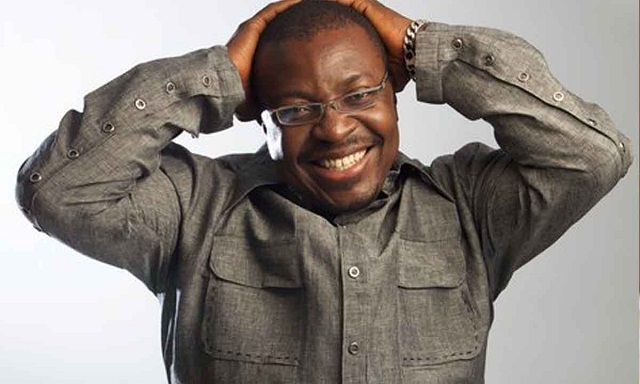Ace comedian Atunyota ‘Ali Baba’ Akpobome, often hailed as the godfather of Nigerian comedy, has spent the last few decades redefining the art of stand-up in Nigeria. From humble beginnings in Delta State to commanding stages across the country, Ali Baba has turned what was once considered a fringe act into a mainstream and respected profession.
At 60, the veteran entertainer says he still feels 30, full of energy and creativity. “When you’re in the creative space, your abilities are judged by your creativity, not your age,” he said during a recent interview, referencing music legends like Carlos Santana, who enjoyed massive success later in life.
YOU CAN ALSO READ: “Private Capital, Rule of Law, and Visionary Leaders Are the Path to Africa’s Transformation,” Says Trump Adviser at Afreximbank Summit
Ali Baba discovered his gift for humour in university, where his quick wit and sharp commentary became a source of entertainment for his peers. Although his father initially wanted him to study law, Ali Baba chose religious studies and philosophy instead. It was a decision that opened his mind to the deeper layers of life and human behaviour, elements he would later infuse into his comedy.
It was during a show in school, while trying to pacify an audience after a striptease act went wrong, that he got his first true taste of stand-up comedy. The crowd roared with laughter at his spontaneous jabs, and he knew instantly that this was his calling. From that moment on, no campus event was complete without his presence.
In the early days, he was known as the “resident John Chukwu,” but soon carved his own path with a distinct voice and style. Determined to make stand-up his sole pursuit, he began performing at universities across Nigeria. What started as small payments of ₦100 gradually became bigger gigs, until one day, his fee was mistakenly interpreted as ₦7,000 instead of ₦700, and the client paid. It marked a turning point in how he valued his craft.
Ali Baba’s eventual move to Lagos was supported by industry figures like Eddie Lawani and Richard Mofe-Damijo (RMD), who introduced him to key stakeholders. RMD, in particular, mentored him and gave him early exposure by allowing him to perform at high-profile events. From there, his rise was unstoppable.
He credits other early supporters like Patrick Doyle, who gave him his first live TV show, and Bisi Olatilo, who introduced him to radio. Through these platforms, Ali Baba honed his improvisational skills and learned to respond in real time, a talent that distinguished him from others in the field. His curiosity and passion for growth led him to study everything from stage movement to character development, often watching and learning from theatre legends and broadcasters.
Beyond the stage, Atunyota Akpobome is a savvy businessman and philanthropist. He has served as a brand ambassador, opened doors for younger comedians, and helped build the foundation for Nigeria’s thriving comedy industry. He was the first comedian to have a billboard in Lagos and has been paid millions for his craft, proving that laughter, when packaged as a service, is indeed serious business.
YOU CAN ALSO READ: “Think Big, Grow Big”: Dangote’s Blueprint for Africa’s Economic Rise
Even now, he continues to mentor the next generation and insists that talent alone isn’t enough. It must be branded, positioned, and marketed strategically. “If you don’t package your talent as a service, people will treat it as a hobby,” he said.
From cracking jokes in university dorms to becoming the first comedian to ring the closing bell at the Nigerian Stock Exchange, Ali Baba has truly elevated the comedic arts. And as he celebrates his 60th birthday, the legendary performer remains young at heart, driven by a mission to inspire, entertain, and educate through humour.










